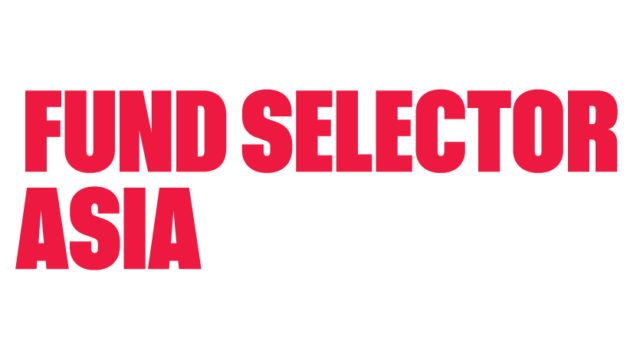China’s market rose due to expectations for more state-owned enterprise reforms, increases in infrastructure spending and in November, a surprise interest rate cut, which sent the market to “an almost five-year high”, according to a 2014 review of securities markets by Hong Kong’s Securities and Futures Commission.
“Total daily trading on the Shanghai and Shenzhen stock markets rose to an historical high of over RMB1trn ($160bn) in early December.”
Hong Kong up slightly
Despite the surge in China’s indices in 2014, Hong Kong’s Hang Seng Index was up only 1.3% in 2014.
“Concerns over the Fed’s tapering and an uncertain Mainland economic outlook weighed on the Hong Kong market,” the report said.
Hong Kong, however, was the world’s second largest IPO market last year after the US.
There were 122 IPOs that raised HK$227.7bn ($29.3bn) compared to 102 that raised HK$169bn in 2013.
IPO funds raised by Mainland companies accounted for 86% of the market total during 2014.
ETF activity also showed some modest increases in Hong Kong. There were 122 ETFs at the end of 2014, compared to 116 in 2013, the report said.
ETFs accounted for 7% of total market turnover in 2014, compared to 6% in 2013.
Average daily ETF turnover was up 27% year-on-year to HK$4.7 billion.
The average daily turnover of A-shares ETFs was HK$3.6 billion, contributing to 76% of total ETF turnover, slightly more than the previous year.
Market risk 2015
Volatility is the top market risk in 2015, the SFC said.
High valuations in the US markets and in China, where a November interest rate cut sent the market to nearly a five-year high, are driving volatility.
“Investor sentiment has become more fragile when faced with disappointing news concerning economic performance or policy changes.”
The SFC also said the expected interest rate hike in the US this year will likely roil markets, even though it is a gradual move.
“A change in monetary policy will affect the global economic and stock market outlook and cause a shift in fund flows amongst different markets and asset classes.”
Supportive government policies in Europe, Japan and China creates macro risk because the outcome remains uncertain.
The exchange also cited contagion worries. Downward pressure on the yen due to Japanese government policies has raised concerns that other countries in Asia will devalue their currencies to stay competitive.
“Given the improvements in their current account and credit conditions, Asian economies today are better positioned to withstand certain shocks.
“However, the recent volatility of the Russian market still caused worries about contagion effects on emerging markets and their currencies.”

















